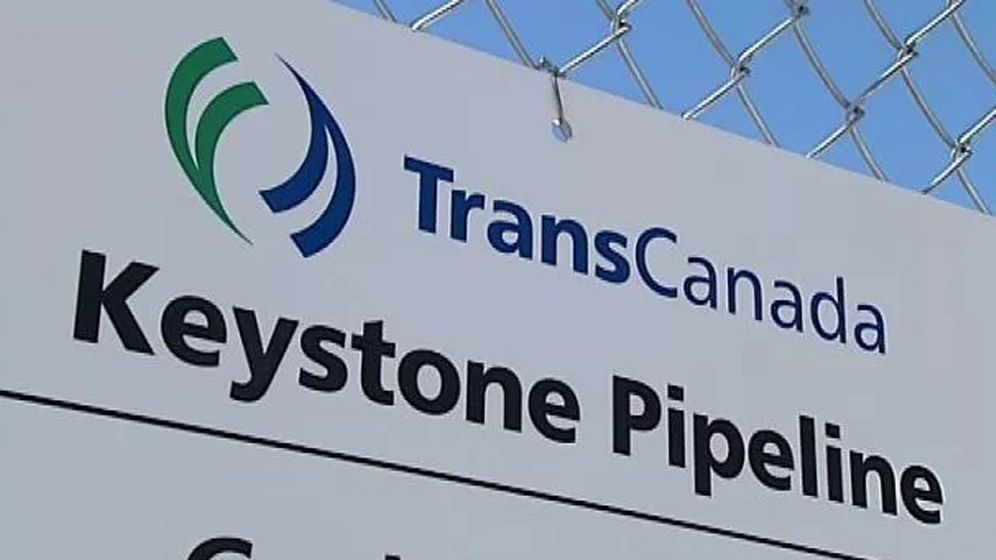Energy Security Depends on Pipeline Expansion
America has achieved the monumental – and not that long ago unthinkable – task of cementing itself as the preeminent leader in energy production. The solidification of this long running goal has delivered countless benefits, including long-term energy security and the opportunity to further interconnect North America’s energy markets with investments in pipeline infrastructure. This is precisely the message GAIN Coalition spokesman Craig Stevens sought to convey in a recent opinion piece published in Morning Consult.
Domestic production alone, though, doesn’t tell the full story when it comes to the American energy outlook. Energy is a global commodity, and the United States is — and will continue to be — an active participant in the global energy market. As domestic supply and production have expanded, the United States’ ability to export oil and gas has grown, sparking economic growth and driving an enhanced ability to boost allies and trading partners through the sale of energy resources.
One of those allies is Canada. The scale of our oil and gas trade with Canada speaks to the importance of the relationship: About 13 percent of all petroleum products exported by the United States go to our neighbors to the north, a total of almost a million barrels every single day.
American resources play an important role in Canada, but it’s far from a one-way street. Canada is also by far the United States’ single largest supplier of imported oil and gas. Forty-three percent of American oil and gas imports come from Canada. It’s an eye-catching number, but it should come as no surprise given our close trade partnership, geographic proximity and the simple fact that Canada boasts the third-largest crude reserves in the world.
North American energy security, in other words, is deeply interconnected. This is a very good thing for the United States, Canada and Mexico — another leading source of both imports and exports for American oil and gas. But this deeply beneficial interconnectedness also means that the challenges facing one nation’s energy sector are more than capable of impacting another’s energy outlook.
Stevens goes to highlight the irony of manufactured anti-pipeline protests in their failure to recognize that efforts to derail energy infrastructure investments degrade – not enhance – safety and environmental protection.
As always, the irony — or tragedy — of opposition to expanded pipeline infrastructure lies in the simple fact that modern pipelines represent the most economical, efficient and environmentally sound way to transport the resources that power our economy. As protests continue and projects lag, the tremendous advantages offered by North American energy dominance become increasingly more difficult to leverage.
Click here to read the full piece on MorningConsult.com

